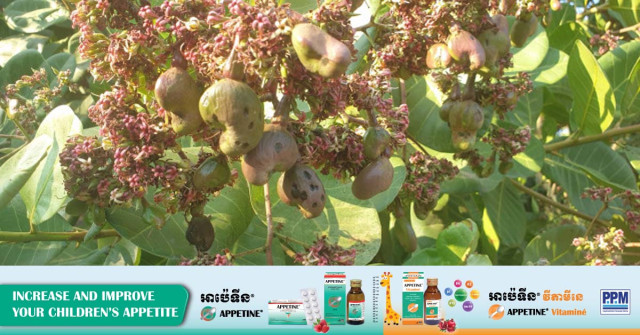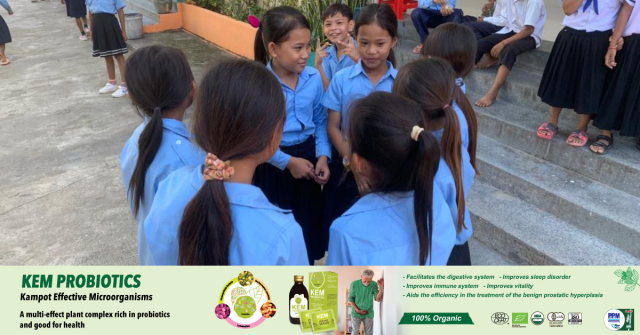Cashew Processors Compete for the National Award

- By Meng Seavmey
- April 11, 2024 7:10 PM
PHNOM PENH – Cashew nut enterprises will compete to find the best local processed products.
The top three enterprises will be chosen by a committee from the Department of Ago-Industry of the Ministry of Agriculture, Forestry and Fisheries, which is organising the competition in collaboration with development partners.
The one-month competition aims to find the best processed cashew nuts with high quality and technical safety in the country, so that local entrepreneurs can improve and promote their products.
It aims also to encourage processing enterprises and promote competitiveness of Cambodian cashew nuts, the ministry said.
The review starts on May 6. After the enterprises submit their application, the department will review the applications for selection. Those who are selected will go to the assessment and evaluation stage.
Taking place in Siem Reap province, the first assessment includes a 30-minute presentation by the enterprises, followed by a question-and-answer session. There will be an onsite inspection by the judges.
The criteria include management, infrastructure, raw cashew nut supplier linkage and control, processing handling standards and hygiene, packaging and labeling, market access and strategy, economic analysis and women's encouragement and livelihood improvement.
The final step will be on May 24 in Phnom Penh. Another 30-minute presentation is expected. First, second and third places will then be decided.
Around 90-95 percent of raw cashew nuts are exported to Vietnam. The remaining 5-10 percent are processed and sold as ready-to-eat kernels locally or exported.
The sector has faced several challenges, including the absence of price competitiveness, safety requirements and quality standard management, the ministry said.
Cambodia exported $837 million worth of raw cashew nuts in 2023, a year-on-year decrease of 16.9 percent. Some 618,000 tonnes, or 94.2 percent, were shipped to Vietnam.















